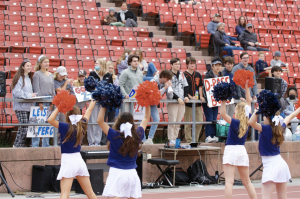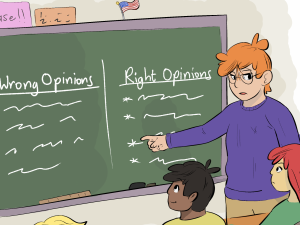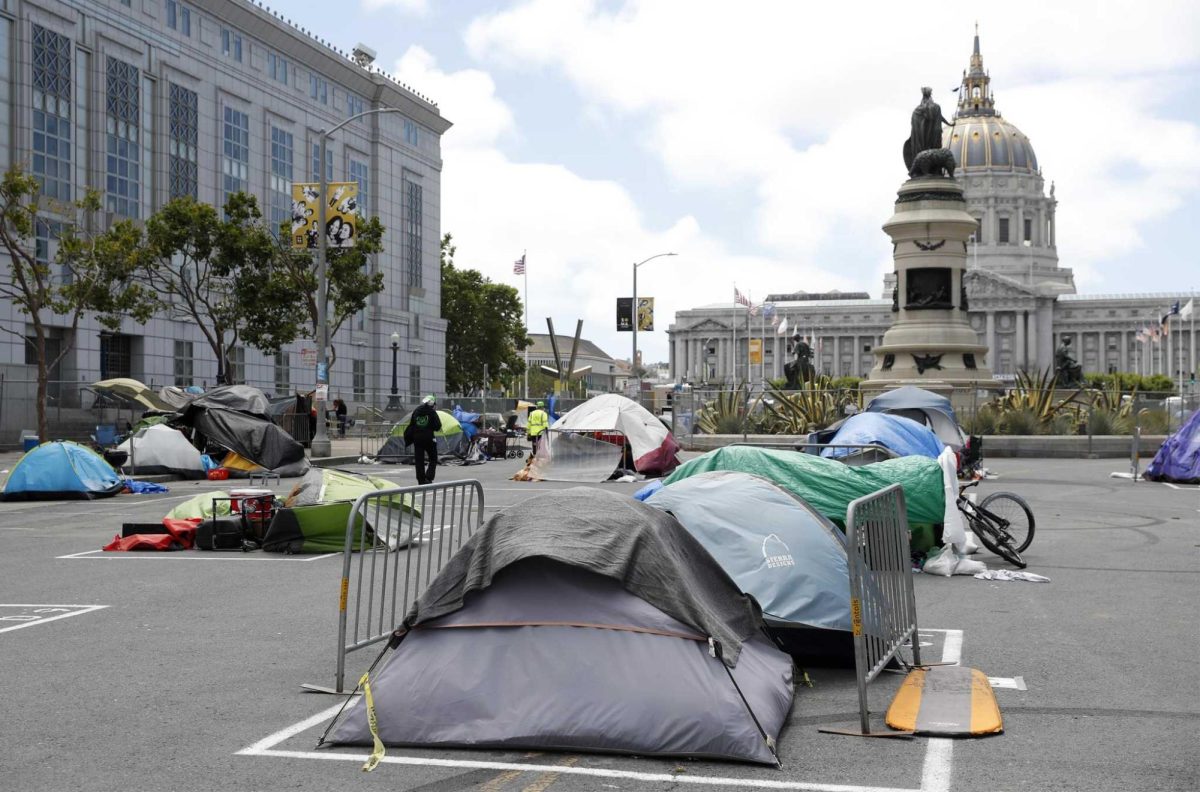by Kevin Wong ’12
In early March, awareness-organization Invisible Children’s new short-film, titled KONY 2012, reached viral levels, spreading like wildfire on Facebook and Twitter. Over the course of two weeks, the film, calling for western intervention in Central Africa and the arrest of Joseph Kony, a warlord infamous for using child soldiers to promote his fundamentalist Christian regime, called the Lord’s Resistance Army (LRA), had reached over 87 million views and has been the target of praise and criticism from all corners of the Internet.

A large number of people have given high-praise for Invisible Children and their successful attempt to create mainstream social activism through Internet virality. While the degree to which KONY 2012’s reactions constitutes activism is debatable, it is undeniable that awareness of the atrocities of child soldiering has shot up since the release of the video. This has gained the campaign praise from “culture makers and policy-makers”, U2’s Bono wrote “Not only does the public now know about Kony and his most despicable atrocities, they also know what a huge range of experts think about it, even if they all don’t agree.”
That said, the reactions of Africans to the video have been mixed. The Ugandan government has criticized the video, saying that it misrepresents Uganda as a violent country and that Kony’s LRA has vastly diminished over the past decade. Others claim that Invisible Children is essentially living out the “white man’s burden” by calling for intervention and not allowing native Ugandans to lead the discussion on Kony and portraying them as helpless and in need of foreign aid. The Ugandan-American founder of Project Diaspora questioned the authenticity of the campaign, writing on Twitter ““We as Africans, especially the diaspora, are waking to the idea that our agency has been hijacked for far too long by well-meaning Western do-gooders with a guilty conscience, sold on the idea that Africa’s ills are their responsibility.” In defense of the video, Nicholas Kristof of the New York Times wrote “When a warlord continues to kill and torture across a swath of Congo and Central African Republic, that’s not a white man’s burden. It’s a human burden.”
In other news, Jason Russell, the co-founder of Invisible Children, was detained by the San Diego Police on accusations of public indecency on March 16th. The effect of this incident on the organization’s credibility has yet to be seen.
Time will tell if the viral spread of awareness about Kony will prove good or bad for the region. Until then, you can view the video at http://www.youtube.com/watch?v=Y4MnpzG5Sqc and decide for yourself.





